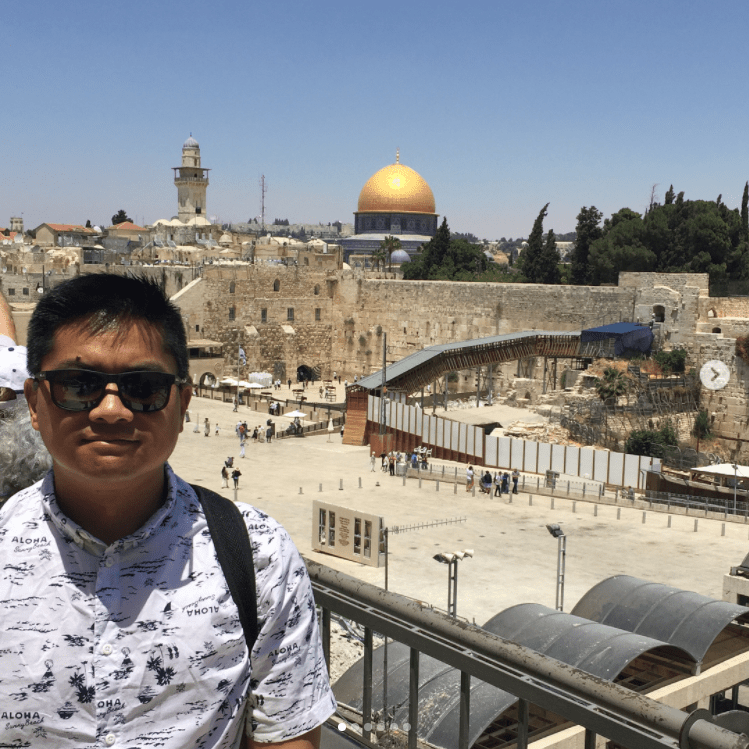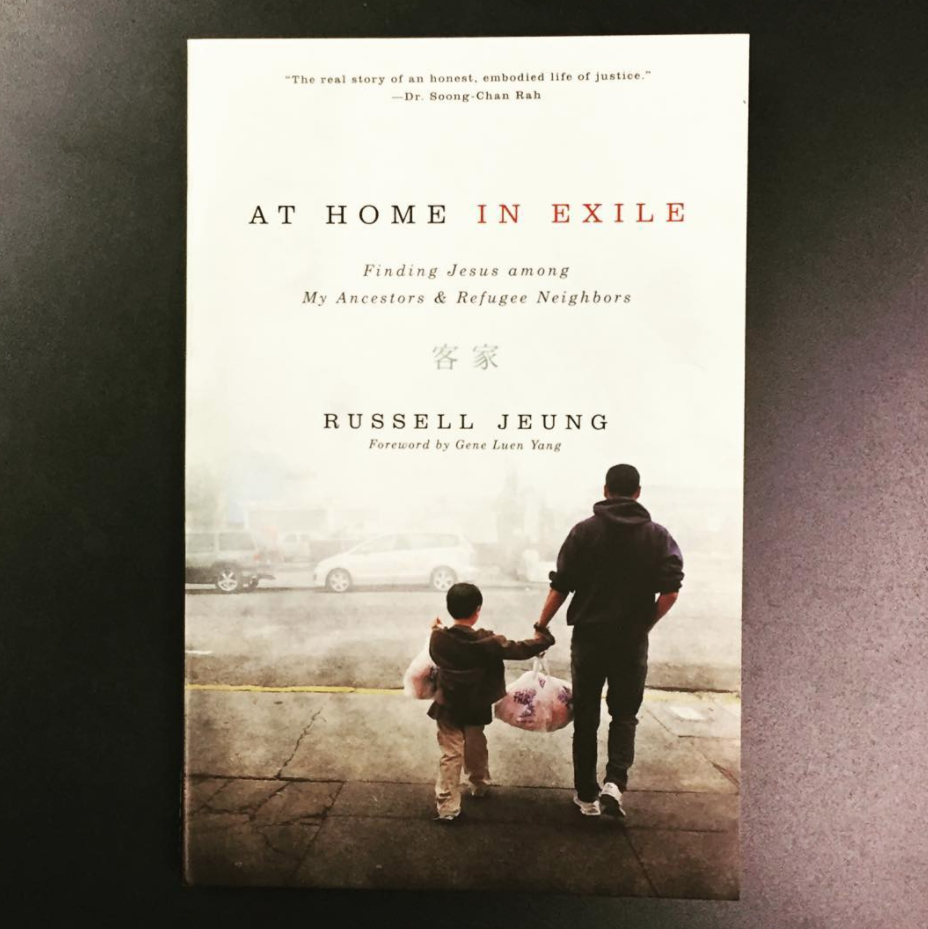I recently conducted a completely unrigorous, unscientific survey among a self-selecting group of Facebook friends. I asked:
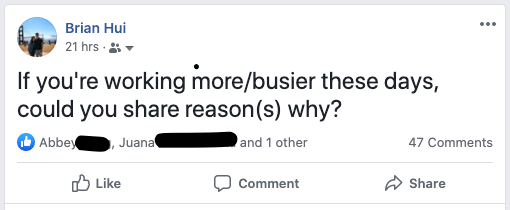
Here are the six most common reasons shared:
- Must tend to kids while working
- Must create new systems at work
- My industry is busier now
- No boundaries between work and home
- More meetings
- More housework
Now, for some, the workload’s already tapering off after the initial uncertainties and stress of having to create new systems. But for most people, especially if your industry is in higher demand or if you have kids: This is the new normal.
The first question we should ask though is: Does it have to be?
Must I say yes to all these meetings? Is this pace necessary? Are all these tasks and projects equally important?
Can I train my kids to share the load—or to create less work in the first place? Are there expectations I must let go of?
Can I afford services to make life a little easier? Are there webs of relationships I can lean on?
When there’s a short-term crisis, most of us can afford to abandon restraint and go all in. But what if this is life for the next year? What changes can no longer wait? What investments can I make today for the sake of the future?
But there’s a second question: Am I busy with meaning?
Most of us can only life-hack so much of our busyness away. Even after some trimming, we’ll still be quite busy!
But do we know why we are busy? Do we have a deeper Why? That deeper Why is what Christians have historically called a sense of vocation. How does my labor contribute to the glory of God and the good of humankind? It’s what imbues our labor with meaning and turns it from toil into what can properly be called work. Work, after all, is one of the first things we learn that God does.
And it’s a mistake to only think that those who are helping the poor, preaching the gospel, or saving lives have a vocation. Changing your child’s diaper, helping her with math, or teaching him self-control—doesn’t all that effort contribute to the common good? Or supporting technologies that allow businesses to operate and people to stay connected, or providing meals so people can shelter-in-place, or cleaning the family room (again)—how do these things not participate in the Creator’s work?
Sometimes we are stressed because our work is meaningful, but we forget why it’s meaningful to God and our neighbor. We have so much work to do, which is stressful in and of itself. But without a sense of purpose? It can become almost unbearable. No wonder some of us retreat into self-pity and addiction. Sometimes, what we need are boundaries; but just as often, we need a purpose. I’ve found that sometimes even the busiest of doctors, pastors, and charity workers must be reminded that they don’t just have a career, they have a vocation.
An easier life alone cannot be our purpose in life.
Lastly, there’s a third question: What must I never compromise?
We all have people and deadlines we must answer to. And if we don’t, they will let us know.
But what are the central values, practices, or people that I refuse to compromise in the midst of the busyness? The ancient Israelite prophet Daniel and his friends served the flourishing of Babylon, but they held sacred their diet, integrity, and the worship of their God. Jesus literally gave his life away for others, but he always reserved time for rest, friendship, and God. You couldn’t buy Him off with the kingdoms of this world.
And here’s the thing: If you compromise on these central things, most people won’t notice! Not only will people not send you reminder emails, but they will praise you for your hard work and success!
But you will have lost your very self.
Busyness may be unavoidable. But losing our selves doesn’t have to be.
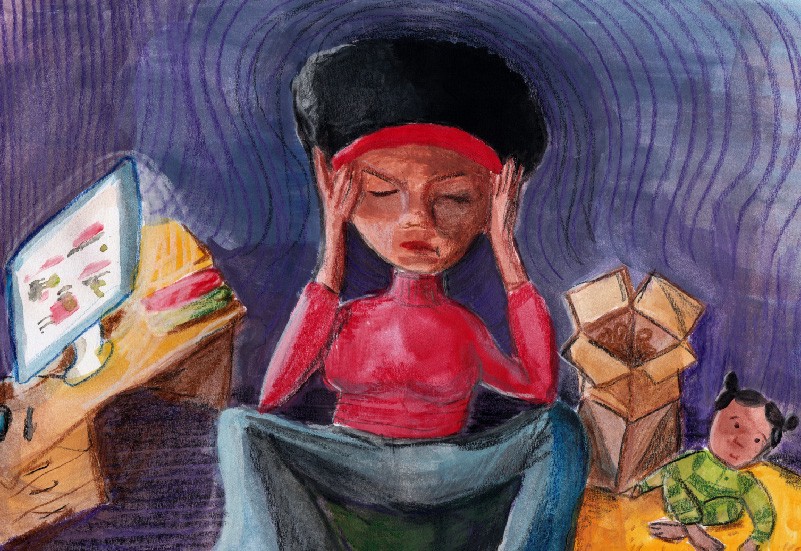
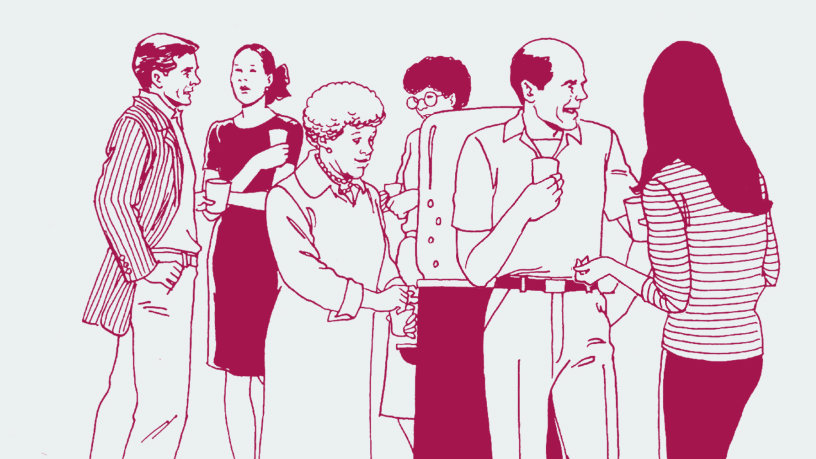
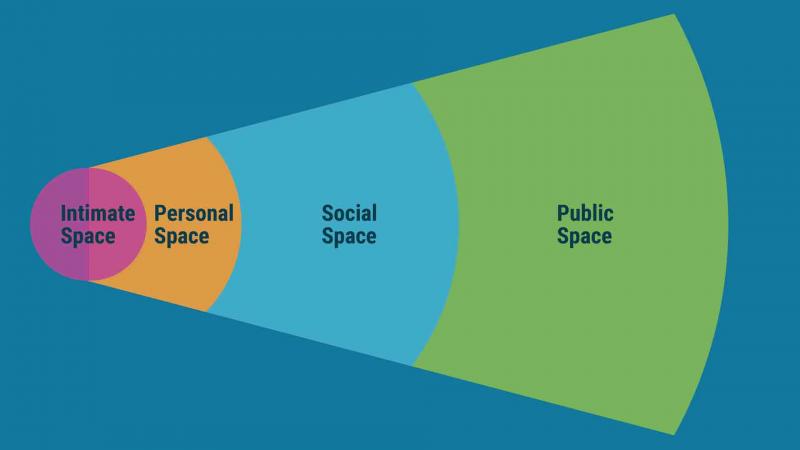

/cdn.vox-cdn.com/uploads/chorus_image/image/42127168/bourdain-vietnam-opener.0.0.jpg)
